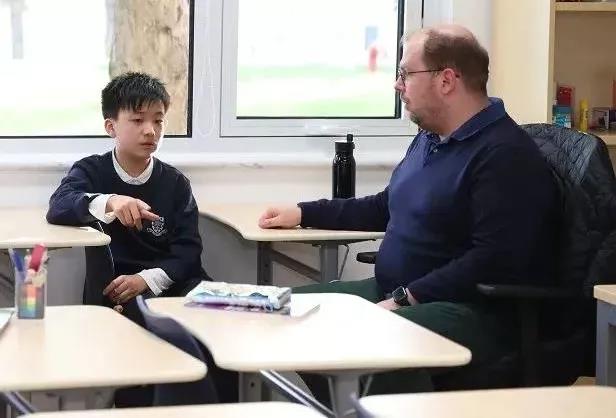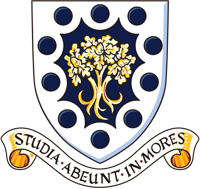
Non-graded instruction
At HD, students are not in one classroom, but each subject has its own classroom, and students need to change classrooms to attend different classes. One of the reasons students walk around is because some subjects require specialized classrooms, like science classes that definitely require labs to complete experiments, art classes that go to art classrooms for painting, and music and physical education classes that require specialized apparatus and situations. But for subjects such as math, literature, and economics, the main reason why students go to classes is also the fact that a change of learning environment will change the students' state.
Mentoring
Mentoring is one of HD's unique systems for managing secondary school students. During the Mentor check-in each morning, the mentor is aware of the mentee's emotional state. If a mentee is not feeling well, they will ask what is going on and encourage the mentee to express their thoughts and feelings so that they can let go of their feelings and be in a better state for the day.
During weekly mentoring classes, mentors often discuss social-emotional learning topics with mentees, and emotion management is a very important part of this. For example, sometimes the mentor will talk about "How do I express my disagreement in a friendly way?" . When a mentee hears an idea that is contrary to the mentor's opinion, some mentees tend to become very agitated, so the mentor needs to guide the mentee to calm down first, try to understand and listen, think about the good side of things, avoid using inappropriate language impulsively in an emotional state, etc. Differences are the basis for mutual learning and expansion of experience, and should not be a trigger for emotions or a barrier to mutual communication. HD believes that students can gradually enrich the way they manage their emotions under the guidance of their mentors and live and study with a more peaceful mindset.


